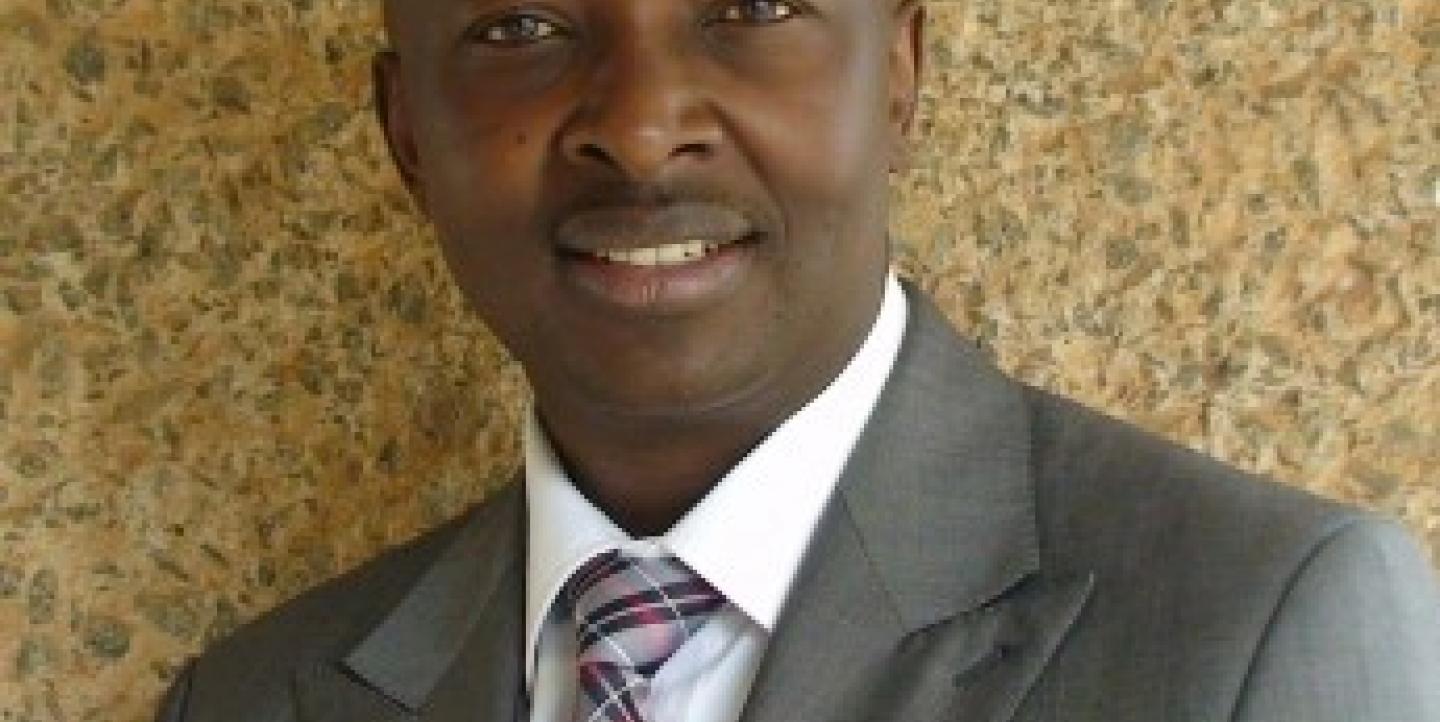To grasp how often people in Africa think about health, simply say “hello.”
“In most African languages, the way to say ‘Good morning’ is often translated into some variation of ‘How is your health?’ or ‘How is your body?’ ” says media consultant Joseph Warungu.
But while health tops the list of issues of concern to Africans, the topic is often shortchanged in media coverage, says Warungu, a Knight International Journalism Fellow and consultant to the African Media Initiative (AMI). Instead, politics frequently overshadow health and development stories.
To help reverse this trend, AMI has launched the African Story Challenge, which will give reporters grants of US$2,000 to US$20,000 for investigative, digital and data-driven stories on key African health and development issues. The program will also include training and mentorship to help entrants refine their ideas and create stories with lasting impact.
AMI launched the contest during the African Union’s fiftieth anniversary celebrations in Addis Ababa May 26. Supporters of the $1 million contest include the Bill and Melinda Gates Foundation, the African Development Bank and the Alliance for a Green Revolution in Africa (AGRA).
IJNet spoke with Warungu about the contest, which he is helping AMI run as part of this Knight fellowship.
IJNet: Why is such a contest needed now?
Joseph Warungu: Everywhere you look in African media, there’s an emphasis on politics and political coverage. When you speak to journalists, especially editors, they say politics sells. Any front page anywhere in Africa will be just politics. But then when you ask people what issues most affect their lives, they say health, agriculture, food security, rural development, education, sanitation and environmental quality. If these are the real issues that matter, why aren’t we covering them?
Editors say that development stories are important but expensive. And these stories also require a [higher] level of expertise and interest on the part of journalists. This contest will address that by targeting resources and efforts towards publishing and broadcasting stories that can make a difference in peoples’ lives and help the continent address poverty.
We can’t displace politics, but we want to give some emphasis to other issues and use the power of media to elevate the dialogue about Africa’s development.
IJNet: Why the focus on investigative, digital and data-driven stories?
We want to take advantage of innovative ways of storytelling to find better stories and tell them better. We know we’ve got a lot of fantastic research done by institutions in Africa. But quite often it’s sitting on shelves because there’s no know-how or passion or expertise. We’re hoping to unlock that, to bring research to the masses to tell stories. Our message is that it is possible to do fantastic, exciting, compelling journalism with development as your focus.
A few African governments are starting to put data online, and journalists can [tell] some really good stories using this data. Applicants must come with a strong idea. If they have the idea and have been digging a little bit but might need to do a bit more research or seek guidance, this is the perfect opportunity.
IJNet: Do you have an example of an African development story that inspired you?
In a remote part of Kenya, a large number of [girls of a certain age were dropping out of school and no one could explain why. A Kenyan journalist began to investigate, and found a link between girls reaching puberty, unable to access sanitary towels, and those high numbers of girls missing school. It was something people wouldn’t have even thought of, done by some good digging. And suddenly the story was published and it became part of the public agenda of girls’ education.
IJNet: The program will also give training and mentoring to help applicants refine their ideas. How will the contest make sure great ideas emerge?
The contest will have five stages over the course of the next 18 months, with about 100 stories receiving grants over the course of the contest. The topic for the first cycle of the contest will be “Agriculture and Food Security.” Applicants will attend training boot camps where they can refine their ideas. We’ll bring in experts and run courses on data journalism. Those who make the final cut will have gone through training and mentoring and refining. For this we’re relying on the model of the African News Innovation Challenge, which was tested and worked.
IJNet: Who can apply? Where will the stories be published?
We require that you have an outlet for your story. We will carry versions on our website and provide the logistical support to make sure your story is published or aired. If journalists want to collaborate, such as for cross-border reporting or reporting on a range of issues, we’re encouraging that too, and AMI can assist in this. The contest is open to freelancers as long as they have an outlet [interested in using the story].
To learn more or to apply, visit the contest site.
Jessica Weiss is a Buenos Aires-based writer.
Photo courtesy of Joseph Warungu courtesy of the Knight International Journalism Fellowships.

